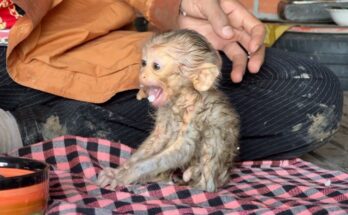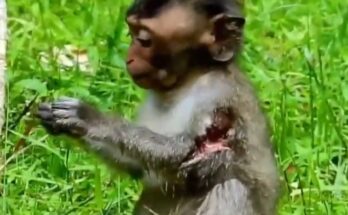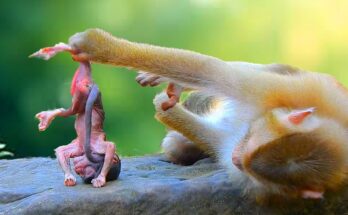Thailand has recently come under increased scrutiny as it continues to export long-tailed macaques in large numbers to the United States. These monkeys, often caught in the wild or bred in captivity, are primarily used for scientific and medical research. While Thailand’s government insists that the trade is regulated and adheres to international standards, animal rights organizations are raising serious concerns about the welfare of these animals and the transparency of the trade.
According to recent export records, thousands of long-tailed macaques have been shipped from Thailand to U.S. laboratories annually. These monkeys are often subjected to invasive experiments in pharmaceutical research and vaccine development. Scientists argue that macaques are vital for biomedical progress due to their genetic similarity to humans. However, critics say the trade can involve unethical practices, including illegal wildlife trafficking, poor living conditions in breeding facilities, and the separation of baby monkeys from their mothers at a very young age.
Animal rights groups like PETA and the Born Free Foundation have demanded a ban on monkey exports, highlighting that many of these animals suffer extreme psychological stress, physical harm, and even death during transportation and confinement. They also question whether all the exported monkeys are truly from licensed breeding centers, or if some are illegally captured from the wild.
As pressure mounts from international watchdogs, Thailand faces a dilemma: balancing the economic benefits of the monkey export industry with growing ethical and conservation concerns. Calls are growing for more stringent regulations, independent monitoring of breeding facilities, and greater transparency in how the animals are sourced. The ongoing export of long-tailed macaques remains a controversial issue that forces a global conversation about the use of primates in science and the responsibility of nations to protect wildlife.


